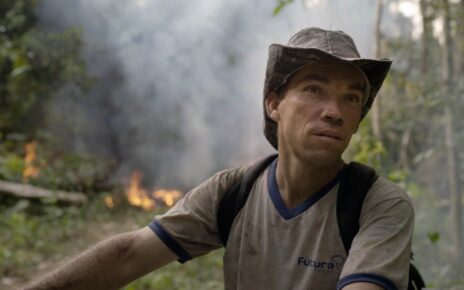Diego Luna is dismayed over just how much big-budget blockbusters overshadow international art films.
Over 20 years after his Venice Film Festival award-winning turn in Alfonso Cuarón’s “Y Tu Mamá También,” Luna reflected on the current state of Mexican filmmaking.
“We don’t have a healthy industry these days,” Luna told GQ. “It’s very difficult to get your money back from the box office.”
He added, “The amount of pressure the major [blockbusters] have on cinemas leaves very little space for Spanish-speaking movies.”
Luna is currently leading “Star Wars” Disney+ series “Andor,” set five years before the events of “Rogue One: A Star Wars Story,” one such major theatrical blockbuster.
To Luna, the critically acclaimed “Y Tu Mamá También” marked not only a turning point in his then-budding career but also cemented a new direction for moviemaking as a whole.
“We were telling a very specific story [and] you had to read subtitles, and audiences responded,” Luna explained of the Mexico-set feature. “I suddenly realized there was a chance that specificity will take you far.”
The “Narcos” alum said of Mexican cinema history, “People went to cinemas to see stories where they could see themselves and their context represented. Back then, there were very few films that the government wanted to fund. That control is not there anymore.”
The “La Máquina” actor previously told IndieWire’s Eric Kohn that he was encouraged to try to lose his accent when coming up in Hollywood stateside. “They used to call it ‘neutralizing,’ as if it was something you could just get rid of. It was a fear of understanding,” Luna revealed.
He continued of being cast in “Star Wars” and now the “Andor” series, “It wasn’t a decision to keep my accent. If they hire me, I come with this. But when they cast me, they’re clearly sending a message that they’re trying to represent a similar world to the one we experience, where people talk differently and have rich cultural and language diversity.”
Luna concluded, “We can’t generalize and say, ‘The whole industry is doing this to us.’ The industry is full of very sensible people I meet every day trying to transform things and make things better. The debate is getting richer and much more interesting. I experience the change every day — otherwise, I would be doing theater in Mexico and not even bother.”
Source: Read Full Article
